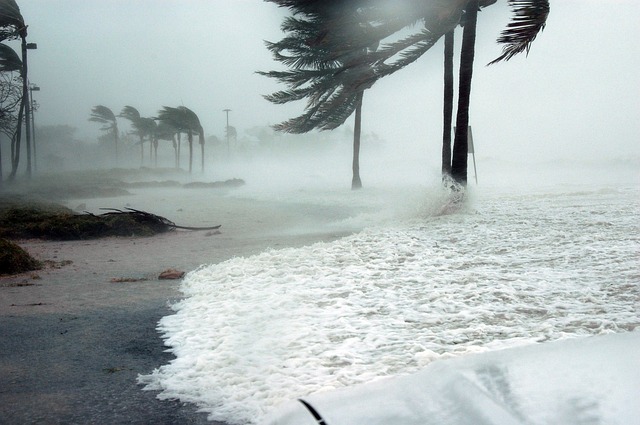As Hurricane Florence poured rain over the Carolinas, the impact was severe: more than 1 million individuals lost power, floods destroyed homes and property and at least 37 people lost their lives. Now, as Hurricane Michael barrels down on Florida’s panhandle, Americans are prepping to address more aftermath.
In the face of all this, one particular group of entities is particularly well-positioned to help the individuals and communities harmed by Hurricane Florence. It isn’t our local and federal government institutions; it’s our communities’ businesses.
Local governments, in particular, are increasingly strapped for the significant resources necessary to respond immediately to a large-scale disaster. Corporations often command the resources — capital, products and people power — that public entities lack. With such an abundance of resources comes major responsibility. Many companies are so well-positioned to spring to action in the face of disaster, such as to offer shelter, items necessary for survival and volunteer work from employees, that they have a moral duty to offer some kind of support to the communities in which they operate during times of crisis. All such companies must acknowledge and accept this duty.
If you’re an executive wondering how you can do more to help your community right now, understand that while there are certainly things you can do to help communities recover from Florence, the most effective step you can take is better preparing your response to the next natural disaster. Begin by conducting an inventory of how your business’s products, services and talents might be useful in assisting victims of disasters. In moments of calm, you’re best able to think beyond the obvious: Maybe you could donate money and volunteer time to recovery efforts, but could your company also tap into its particular expertise to provide a needed hand? Could your people or systems help with logistics planning or information sharing?
Take, for example, Target. Knowing that Hurricane Florence was on the way, Target took advantage of its national reach and distribution centers and identified 1,500 products it knew its customers in the affected states would need before, during and after the storm. It quickly altered its logistics plans and shipped those items to the relevant locations ahead of the hurricane. Tesla extended the battery life of cars in the affected area and granted free access to charging stations to help its customers get out of harm’s way. US Bank established a dedicated help line for those affected by Florence and asked its customers to inform US Bank how it could assist with their banking needs during the storm. Determining how your company should best help requires that you know your company well; examine your unique talent, services and resources; and consult with your team.
Of course, some corporate executives may ask, “Will these recovery efforts mean a hit to the bottom line?” Any type of assistance — even asking employees to take time off to volunteer with cleanup — can be considered a cost. For those execs especially predisposed to thinking in terms of the bottom line, it is best to think of such assistance as an investment in the community on which your business relies to thrive. When your community sees your organization’s being a responsible citizen, goodwill is created. Your customers and neighbors will be more likely to want to help make sure your business prospers in the long term. Don’t underestimate the power of that symbiotic relationship.
If your efforts are truly well-intentioned, it will also be beneficial to publicize your good work so that your customers and other stakeholders (neighbors, shareholders, employees, etc.) can have the opportunity to understand how you are meeting their expectations — and to amplify your work if they so choose. Though some cynics may call this a pure PR play, the overall response is bound to strengthen the company’s relationship with its critical stakeholders.
It is important to understand that society’s expectations of companies as responsible corporate citizens have evolved. Young people especially go out of their way to support businesses whose values they respect. This is a positive development for both societies and corporations; the expectation that we do what we can in the face of a disaster holds us accountable to do what we ought to do. How will your business do its part?
Professor Robert Föehl is executive in residence of business law and ethics in the College of Business at Ohio University, where he teaches at the undergraduate and graduate levels, including the Online Master of Business Administration program. Prior to joining Ohio University, he served as Target’s first director of corporate compliance and ethics, and has nearly 25 years of corporate law experience, including four years as the chief legal officer for ACA International.
If you enjoyed this article, sign up for SmartBrief’s free e-mail from the Mobile Marketing Association, among SmartBrief’s more than 200 industry-focused newsletters.
